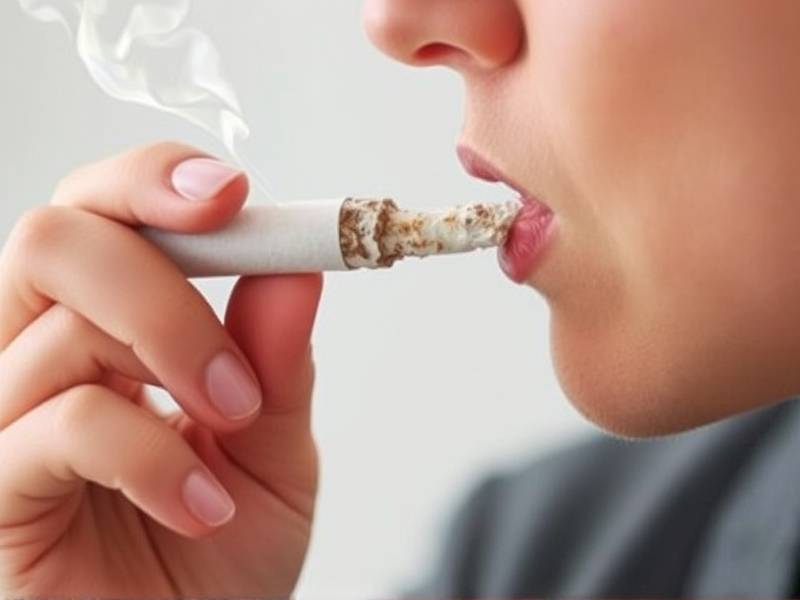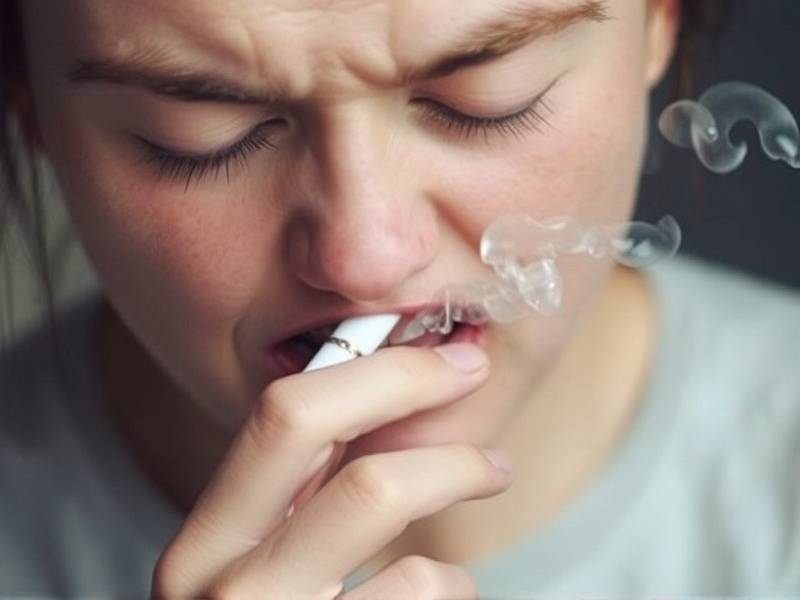How Long Does Mucus Last After Quitting Smoking?
Understanding the Duration of Mucus Post-Quitting Smoking
Introduction: Quitting smoking is a significant step towards improving one's health, but it comes with its own set of challenges. One common question among ex-smokers is the duration of mucus after quitting. This article delves into this topic, offering insights into how long mucus might last and what you can do to manage it effectively.
How Long Does Mucus Last After Quitting Smoking?

-
The Process of Mucus Elimination When you quit smoking, your body starts to heal itself from the damage caused by tobacco. One of the immediate changes you might notice is an increase in mucus production. This is because your lungs are trying to clear out tar and other harmful substances that have accumulated over time.
-
The Duration of Mucus The duration of mucus after quitting smoking can vary from person to person. Generally, it may take anywhere from a few days to several weeks for the mucus production to normalize. In some cases, it might take up to a few months for your lungs to completely clear out the debris.
-
Factors Influencing Mucus Duration Several factors can influence how long mucus lasts after quitting smoking:
a. Smoking History: The longer you smoked and the more cigarettes you smoked per day, the longer it may take for your body to clear out the accumulated debris.
b. Individual Differences: People have different physiological responses to quitting smoking, which can affect how quickly they eliminate mucus.
c. Environmental Factors: Living in an area with high pollution levels or exposure to irritants can prolong mucus production.
d. Underlying Health Conditions: Individuals with pre-existing respiratory conditions may experience prolonged mucus production due to their compromised lung function.
-
Managing Mucus Production
a. Stay Hydrated: Drinking plenty of water helps thin out the mucus and makes it easier for your body to expel it.
b. Practice Good Breathing Techniques: Deep breathing exercises can help improve lung function and facilitate the elimination of debris.
c. Use Humidifiers: Using a humidifier in your home can add moisture to the air, which can help reduce dryness and irritation in your throat and lungs.

d. Avoid Irritants: Stay away from smoke-filled environments and pollutants that can exacerbate mucus production.
Conclusion: Quitting smoking is a journey that requires patience and perseverance. Understanding how long mucus might last after quitting smoking can help you manage this aspect more effectively and stay motivated on your path towards better health. Remember, every step forward is progress, no matter how small it may seem at times.
Note: While this article provides general information about mucus production post-quitting smoking, it's essential to consult with healthcare professionals for personalized advice based on individual circumstances and health conditions.
